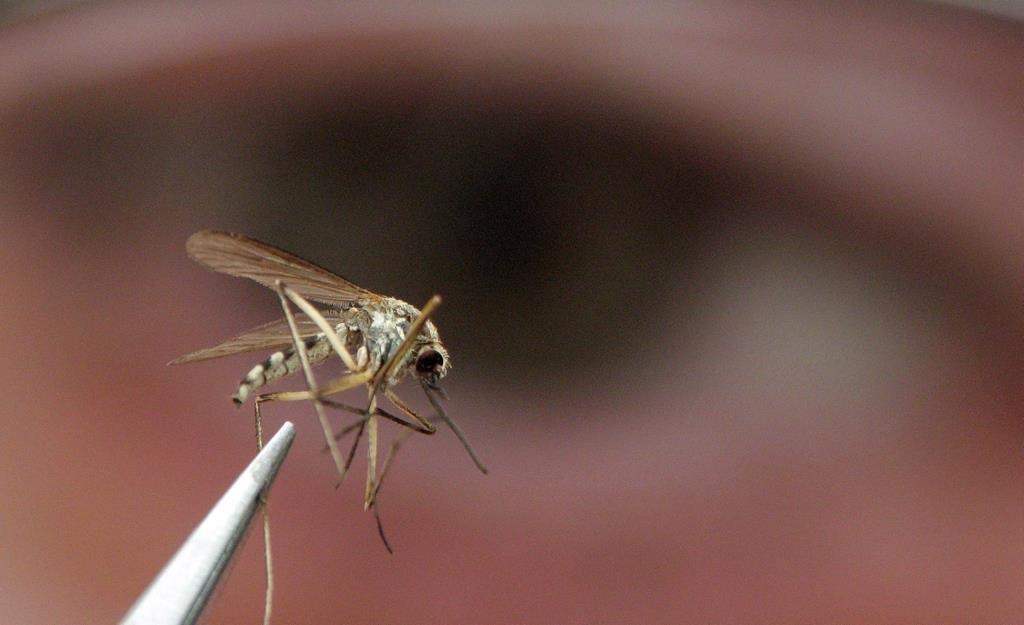Toronto Public Health (TPH) says the first mosquitoes of 2022 have tested positive for West Nile virus (WNV) in the city.

In a press release Monday, TPH said it received confirmation that five pools of mosquitoes in Toronto have tested positive for the virus.
The health unit said the mosquitoes are from locations in Etobicoke, North York and west Toronto. They are the first to test positive for the virus in the city this year.
“WNV is an infection transmitted to people through the bite of an infected mosquito,” a news release read. “TPH conducts mosquito surveillance from mid-June until mid-September every year.”
The health unit said once a week, 22 mosquito traps are set across Toronto to collect mosquitoes that are then taken to a laboratory.
They are then grouped into “pools” and are tested for the virus.
According to TPH, in 2021, a total of 20 positive mosquito pools were reported.
The health unit said the risk of getting infected with WNV in Toronto is “currently low.”
TPH provided several tips to the public to “avoid bites from infected mosquitoes.”
The health unit said members of the public should wear light-coloured clothing, long pants and long-sleeved shirts when outside and should apply insect repellent containing DEET or icaridin.
“Take extra care during peak mosquito-biting hours, dusk and dawn, by using repellent and covering up,” the release read. “Make sure your home has tight-fitting screens on windows and doors.”
Residents should also remove standing water from their property such as buckets, pool covers, planters, toys and waste containers, as that is where mosquitoes can breed.
According to TPH, symptoms of WNV usually develop between two and 14 days after someone is bitten by an infected mosquito.
The symptoms of WNV include fever, headache, nausea, vomiting, body aches, skin rash and swollen lymph glands.




Comments